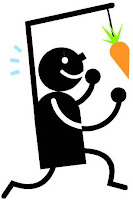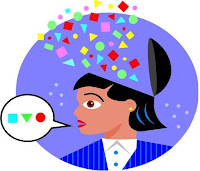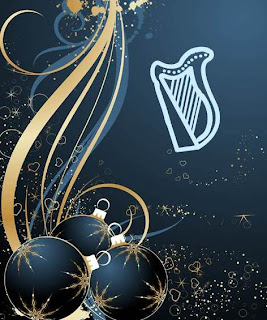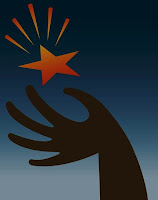It’s been a few weeks since the excitement and invigoration of the New Year. We’ve cleaned up after the parties, put away the decorations, written the thank you notes for all our lovely gifts received, and set our goals for the coming year.
And by this point in time, most of us have already forgotten the goals (or resolutions) we set for ourselves. I challenged you to set yourself some music and musicianship goals for 2011…did you think of some? Did you write them down?
From William Jackson’s wonderful Land of Light lyrics I find these particularly captivating, “Now dawns the age, now comes the call”. Now is the time! Take out your goals, review them, remind yourself of the excitement you came into the year with. Evaluate your promises to yourself – are they realistic in the cold light of February? Will you be able to make progress on those goals? Have you set enough goals to keep you focused and few enough that you’ll be able to progress?
And remember to make a plan for those goals – you have to have a workable plan – workable for you! Keep on it, and don’t worry, I’ll check back on you!









